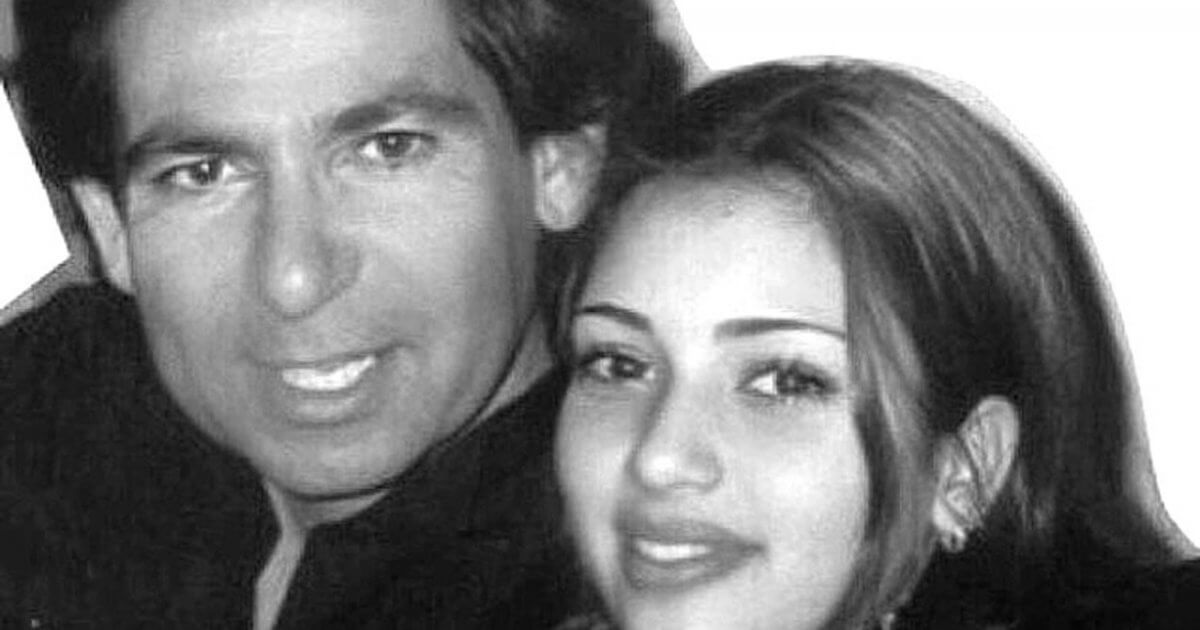Anyone who has lost a parent to cancer knows that finding an old note or momento can unlock a rush of memories and emotions. The reality star Kim Kardashian, 38, is having that kind of moment as she just shared notes she exchanged with her father Robert Kardashian who died fifteen years ago from esophageal cancer.
“I just want you know I appreciate everything you do for me. I love working for you. I love you and happy father’s day,” Kim wrote in a card she has just shared via instagram.
Read MorePeople diagnosed with esophageal cancer sometimes experience difficulty swallowing, though the disease is often diagnosed late in its progression. If an esophageal tumor is found early enough to be removed surgically, the prognosis is much more positive.
New Treatment Option For Esophageal Cancer
While there has been very little progress in improving treatments for this disease over the last twenty years, a new treatment option has just been approved: immunotherapy.
The U.S. Food and Drug Administration (FDA) has recently approved the promising immunotherapy drug pembrolizumab (known by its brand name, "Keytruda") to treat patients with a certain type of advanced esophageal cancer called "squamous cell carcinoma." The people that will benefit from this new drug are the ones whose stubborn cancers haven't responded to other treatments they've tried first, such as chemotherapy.
Based on the results from the two major clinical trials that led to yesterday's approval, specific patients may be able to live longer with their cancer when they take Keytruda. For these specific patients, Keytruda resulted in a 31 percent decrease in their risk of dying from their cancer. In one of the trials, 43 percent of patients taking Keytruda survived for a yearwhich is more than double the percentage of patients who survived a year with chemotherapy. A year might not seem like much, but for an advanced cancer that has few treatment options, 12 months of life can be incredibly valuable.
How Immunotherapy Works
Keytruda, which is a type of immunotherapy drug called a checkpoint inhibitor, works by blocking a "don't attack me" signal on cancer cellsmaking it so that the cancer cells no longer get ignored by the immune system.
"It's a Jedi mind trick that tells the immune system 'move on by ignoring me,'" Dr. Geoffrey Oxnard, a thoracic oncologist at Dana-Farber Cancer Institute, previously explained to SurvivorNet "If we block that signal, the immune system wakes up, sees the cancer, and attacks."
Kardashian Commitment to
The Kardashian family recently helped open a health center at the University of California in Los Angeles called the Robert G. Kardashian Center for Esophageal Health, in honor of Robert Kardashian .
"We are at the opening ceremony for the Robert G. Kardashian esophageal cancer health center at UCLA. We just did the ribbon cutting. We're going to take a picture with all the doctors and everyone that will be helping and educating," said Kim in a video after the ceremonial opening.
Learn more about SurvivorNet's rigorous medical review process.


